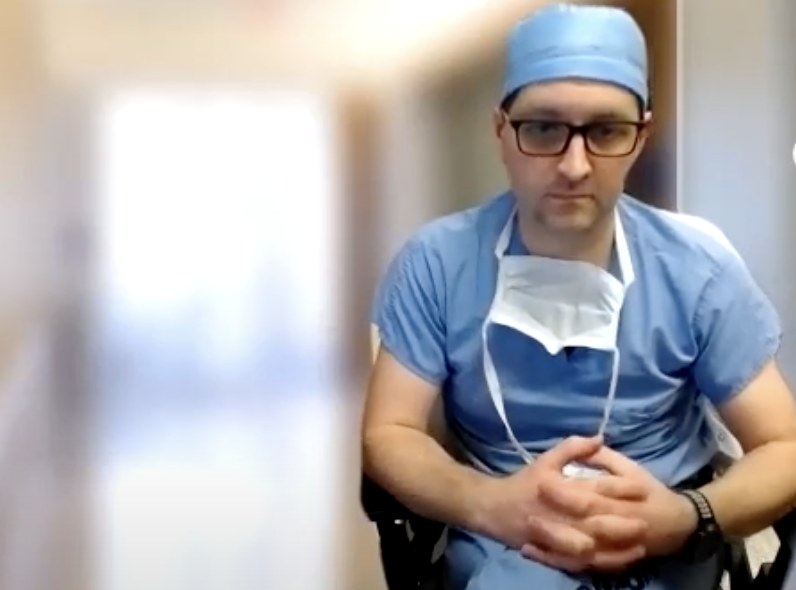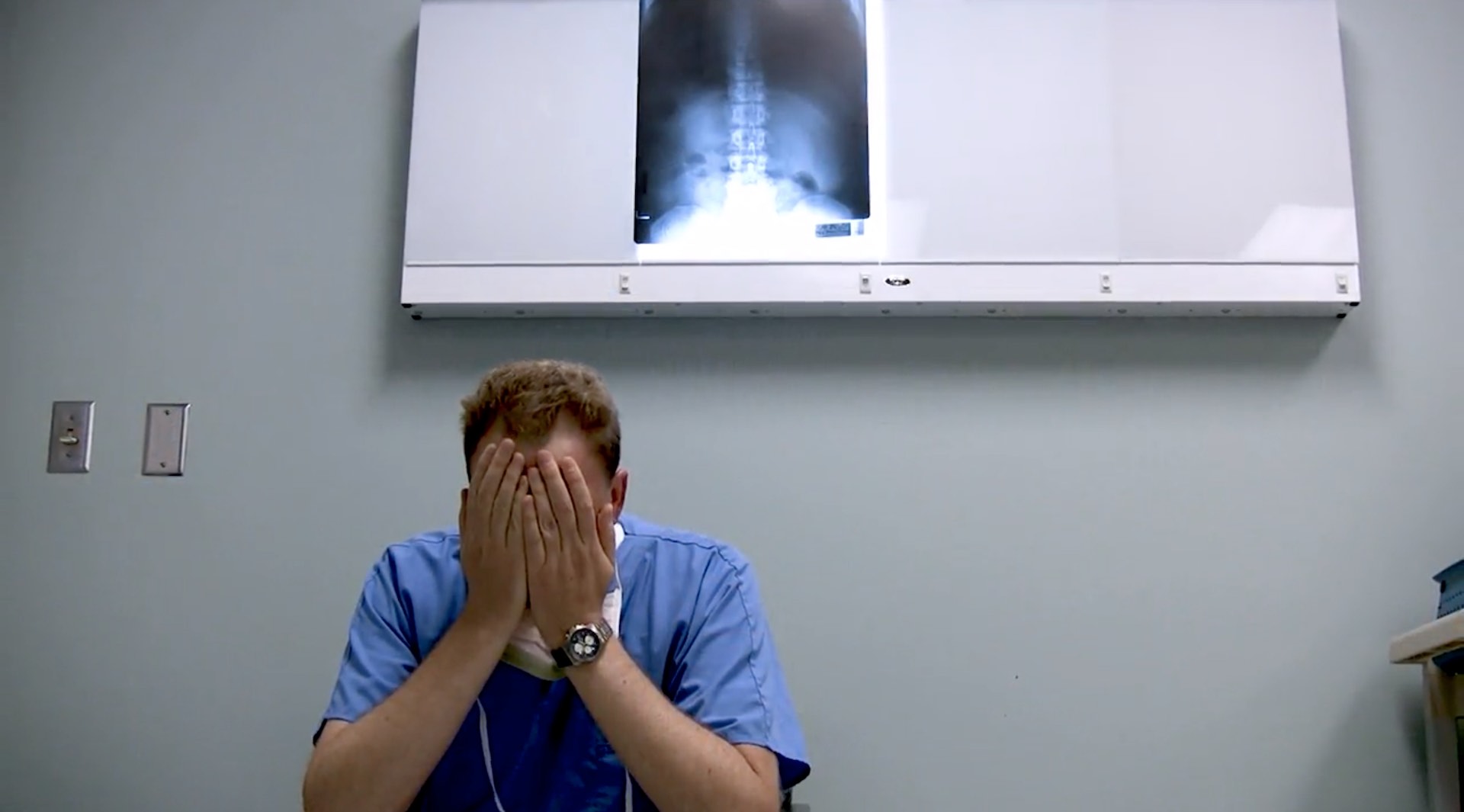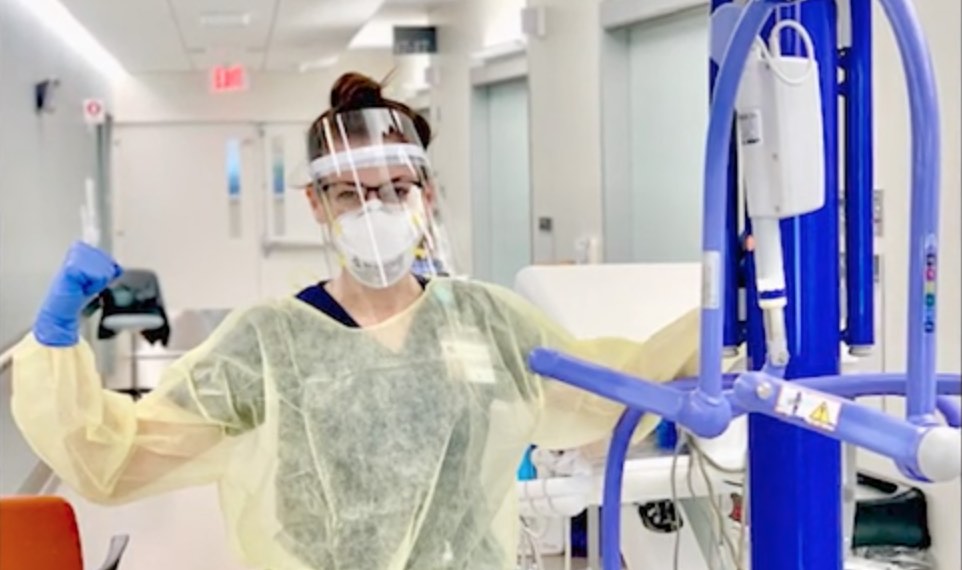Early hypertonic fluid resuscitation no advantage in traumatic brain injury
Reuters Health • The Doctor's Channel Daily Newscast
NEW YORK (Reuters Health) – Patients incurring traumatic brain injury do not fare any better if they are given hypertonic fluids before reaching the hospital, according to a report in the Journal of the American Medical Association for October 6.
“The main message is that there was no evidence of improved outcome with a single prehospital dose of hypertonic saline or hypertonic saline/dextran for patients with traumatic brain injury,” said lead author Dr. Eileen M. Bulger in an email.
“The potential benefits for patients with traumatic brain injury include improved perfusion of the brain with reduced brain swelling which could reduce the progression of brain injury,” she explained. “Hypertonic fluids at the concentration used in this study (7.5%) are approved for use in 14 European countries. Other concentrations are commonly used in the US to manage swelling in the brain for patients in the hospital after brain injury. We hoped that giving this higher concentration early after injury would show a greater impact on outcome, but it did not.”
For their study, Dr. Bulger, of Harborview Medical Center, University of Washington, Seattle, and colleagues worked with over a hundred emergency medical services to enroll patients 15 years of age or older with blunt trauma but without hypovolemic shock and who had a prehospital Glasgow Coma Scale score of 8 or less.
The randomly assigned intervention was “a single 250-mL bolus of 7.5% saline/6% dextran 70 (hypertonic saline/dextran), 7.5% saline (hypertonic saline), or 0.9% saline (normal saline) initiated in the out-of-hospital setting”
The trial was terminated as futile by the monitoring board when 1281 patients had been treated. Six-month outcomes data were available for 1087 (85%). At that time point, rates of severe traumatic brain injury, defined as an Extended Glasgow Outcome Scale (GOSE) no greater than 4, were 53.7% with hypertonic saline/dextran, 54.3% with hypertonic saline and 51.5% with normal saline.
The team concludes that “initial resuscitation with either hypertonic saline or hypertonic saline/dextran, compared with normal saline, did not result in superior 6-month neurologic outcome or survival.”
Should administration of hypertonic fluids be continued in such circumstances? “There were no safety concerns in these patients and so there is no reason to change the use of these fluids in the hospital,” Dr. Bulger advised, “but more studies should be done to see if the current practice in the hospital actually improves outcome.”
JAMA 2010;304:1455-1464.
“The main message is that there was no evidence of improved outcome with a single prehospital dose of hypertonic saline or hypertonic saline/dextran for patients with traumatic brain injury,” said lead author Dr. Eileen M. Bulger in an email.
“The potential benefits for patients with traumatic brain injury include improved perfusion of the brain with reduced brain swelling which could reduce the progression of brain injury,” she explained. “Hypertonic fluids at the concentration used in this study (7.5%) are approved for use in 14 European countries. Other concentrations are commonly used in the US to manage swelling in the brain for patients in the hospital after brain injury. We hoped that giving this higher concentration early after injury would show a greater impact on outcome, but it did not.”
For their study, Dr. Bulger, of Harborview Medical Center, University of Washington, Seattle, and colleagues worked with over a hundred emergency medical services to enroll patients 15 years of age or older with blunt trauma but without hypovolemic shock and who had a prehospital Glasgow Coma Scale score of 8 or less.
The randomly assigned intervention was “a single 250-mL bolus of 7.5% saline/6% dextran 70 (hypertonic saline/dextran), 7.5% saline (hypertonic saline), or 0.9% saline (normal saline) initiated in the out-of-hospital setting”
The trial was terminated as futile by the monitoring board when 1281 patients had been treated. Six-month outcomes data were available for 1087 (85%). At that time point, rates of severe traumatic brain injury, defined as an Extended Glasgow Outcome Scale (GOSE) no greater than 4, were 53.7% with hypertonic saline/dextran, 54.3% with hypertonic saline and 51.5% with normal saline.
The team concludes that “initial resuscitation with either hypertonic saline or hypertonic saline/dextran, compared with normal saline, did not result in superior 6-month neurologic outcome or survival.”
Should administration of hypertonic fluids be continued in such circumstances? “There were no safety concerns in these patients and so there is no reason to change the use of these fluids in the hospital,” Dr. Bulger advised, “but more studies should be done to see if the current practice in the hospital actually improves outcome.”
JAMA 2010;304:1455-1464.









